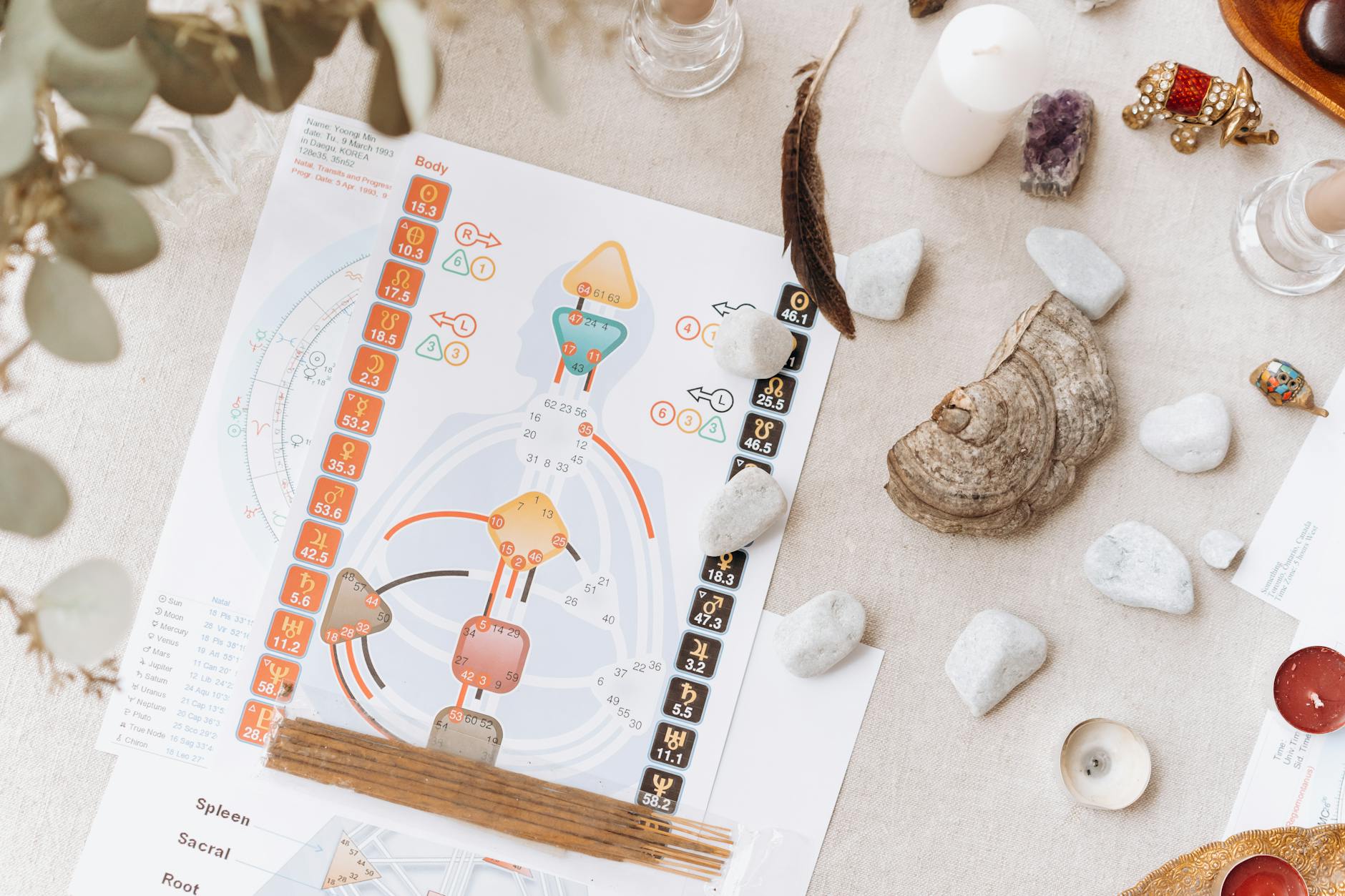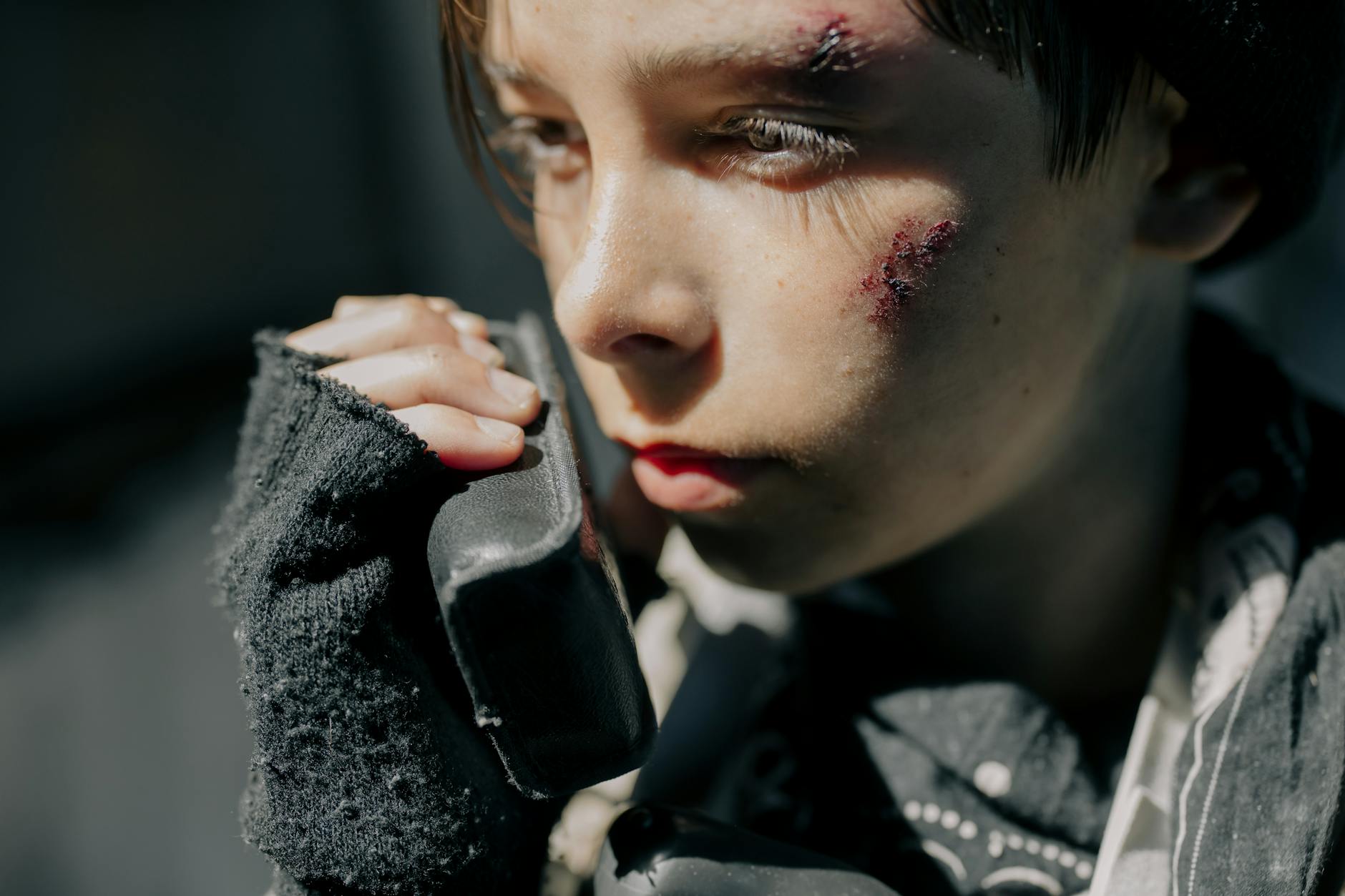The RPGamer Cast: A Patchwork of Quirky Personal Pursuits in Episode 778
From horse girls and magicite cats to plushie ambitions, the RPGamer crew dives into their latest gaming escapades.
The world of role-playing games is often celebrated for its expansive narratives and intricate gameplay mechanics. However, the latest installment of the RPGamer Cast, Episode 778, titled “Old Person Patch,” offers a delightful glimpse into the more personal and, dare we say, eccentric side of gaming enthusiasts. This episode eschews grand lore for a series of individual anecdotes that highlight the unique ways players engage with and find joy in their hobby, even as life’s responsibilities, or perhaps just peculiar interests, take center stage.
A Brief Introduction On The Subject Matter That Is Relevant And Engaging
Episode 778 of the RPGamer Cast presents a mosaic of personal gaming experiences from its hosts. Rather than focusing on a single game or a specific industry trend, the cast members share individual updates on their current gaming habits and desires. These range from the seemingly mundane yet intensely specific, like the obsession with “training horse girls,” to the more abstract, such as the curious interaction of “feeding magicite to cats.” The episode serves as a candid reflection of how gamers, regardless of their age or their place in the industry, maintain a vibrant and often idiosyncratic relationship with the digital worlds they inhabit. It’s a testament to the diverse and sometimes baffling ways passion for games manifests beyond the conventional.
Background and Context To Help The Reader Understand What It Means For Who Is Affected
The “Old Person Patch” moniker itself is a clever nod to the relatable aging process that often brings about shifts in priorities, energy levels, and even the types of games or activities one finds themselves drawn to. For the hosts of RPGamer, this often translates into a more personal, less all-encompassing engagement with games. Chris, for instance, is described as a “gross adult” absorbed in training virtual horse girls. This could reflect a player who enjoys the nurturing and progression aspects of certain games, perhaps finding a certain comfort or satisfaction in the repetitive, yet rewarding, cycles of development. Matt’s peculiar habit of feeding magicite to cats and observing the “chunks out the other end” is a surreal, yet amusing, illustration of how players can develop peculiar in-game rituals, even if their meaning is esoteric or entirely subjective. Kelley’s desire for a bear plushie, while not directly game-related, speaks to the broader desire for comfort and tangible connections that can extend from or parallel virtual experiences. Sam’s yearning for the “WHOOSH” sound of a power washer points to a satisfaction derived from simple, impactful actions within a game, perhaps a desire for catharsis or a pleasing sensory experience. Finally, Josh’s wish for “Final Fantasy X…but French” encapsulates the desire for familiar experiences with a unique cultural twist, highlighting how regional differences and localization can significantly impact a player’s enjoyment and perception of a game.
In Depth Analysis Of The Broader Implications And Impact
The anecdotal nature of this episode, while lighthearted, offers a nuanced perspective on the gamer community. It moves beyond discussions of industry-leading titles or competitive esports to explore the deeply personal connections players forge with their games. The “Old Person Patch” theme suggests a segment of the gaming population that has grown up with video games and now integrates them into a more mature, perhaps less intense, lifestyle. This can involve a shift from chasing the latest AAA release to revisiting older titles, experimenting with niche genres, or finding enjoyment in the more leisurely aspects of gameplay. Furthermore, the varied interests expressed – from virtual pet training and peculiar item interactions to the desire for specific sensory feedback and localized experiences – underscores the vast spectrum of what constitutes “fun” in gaming. It challenges the notion of a monolithic gamer identity, revealing a community comprised of individuals with distinct tastes and motivations. The casual mention of “monsters are friends, not parts” is a subtle yet profound ethical statement within the gaming context, suggesting a player base that is increasingly mindful of themes and potentially moving towards more empathetic engagement with game worlds and their inhabitants.
Key Takeaways
- The RPGamer Cast episode 778, “Old Person Patch,” highlights individual and often quirky personal gaming habits.
- The hosts express diverse interests, from virtual pet training and unusual in-game interactions to specific sensory desires and localized game preferences.
- The episode suggests a segment of the gaming community that integrates gaming into a mature lifestyle, valuing personal enjoyment and unique experiences.
- The mention of “monsters are friends, not parts” indicates a growing player consciousness regarding game themes and empathetic engagement.
- The casual, anecdotal format provides a relatable and humanizing look at the broader gaming enthusiast landscape.
What To Expect As A Result And Why It Matters
For listeners of the RPGamer Cast, this episode offers a comforting reminder that the joy of gaming is not solely tied to high-octane action or competitive prowess. It validates the more personal, perhaps even eccentric, ways players engage with their hobbies. This focus on individual experience can inspire listeners to embrace their own unique gaming preferences, whether it’s dedicating themselves to a niche genre, developing peculiar in-game rituals, or simply finding satisfaction in the simple, often overlooked, aspects of a game. For the gaming industry, such anecdotes, while informal, can serve as a subtle indicator of evolving player demographics and preferences. As the core gaming audience ages, understanding these shifts towards more personal and perhaps less trend-driven engagement could inform future game design and marketing. It matters because it speaks to the enduring and adaptable nature of video games as a form of entertainment and personal expression across different life stages.
Advice and Alerts
For fellow gamers who find themselves drawn to the unique pursuits discussed in this episode, the advice is simple: embrace your gaming passions, no matter how unconventional they may seem. If “training horse girls” brings you joy, by all means, pursue it with gusto. If the peculiar interactions of in-game items provide amusement, then lean into it. The gaming landscape is vast and accommodating; there is room for every type of player and every manner of enjoyment. This episode serves as an informal endorsement of personal gaming narratives. Be aware that while the hosts’ discussions are lighthearted, the underlying sentiment is about finding personal fulfillment in your chosen hobbies. The implicit message about treating game elements with a degree of care, as suggested by the “monsters are friends, not parts” quip, might also encourage more mindful engagement with game narratives and mechanics.
Annotations Featuring Links To Various Official References Regarding The Information Provided
While this episode of the RPGamer Cast is primarily a personal reflection, the games and genres hinted at can be explored further. For those intrigued by the mention of “horse girl training,” popular titles in the simulation genre that often feature such mechanics include the Koei Tecmo’s Nobunaga’s Ambition series, which sometimes incorporates breeding mechanics that can extend to various creatures, or specific simulation games focused on animal husbandry or training. For discussions around “magicite,” players familiar with the Final Fantasy series will recognize magicite as a key element in Final Fantasy VI, where it was used to summon espers and teach magic, a system that has seen varied interpretations and reappearances in the franchise. The broader appeal of localization and cultural nuances in games, as suggested by the desire for a “French Final Fantasy X,” can be appreciated by exploring the extensive history of game localization and the impact of regional adaptations, which can be found through gaming history archives and academic discussions on media studies. The ongoing discourse around ethical considerations in gaming, exemplified by the sentiment “monsters are friends, not parts,” is a growing area of interest, with many indie developers and players advocating for more empathetic narratives and game design, often discussed in online gaming communities and developer blogs.


























